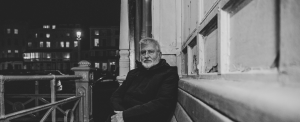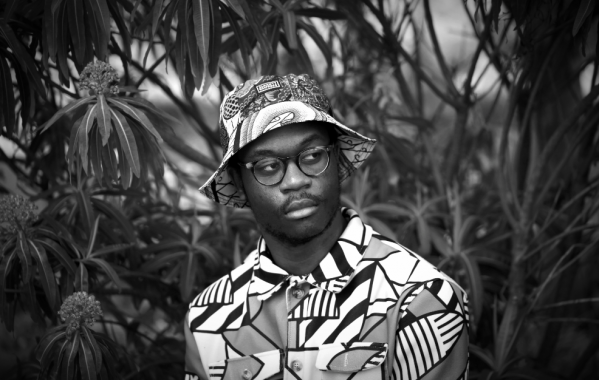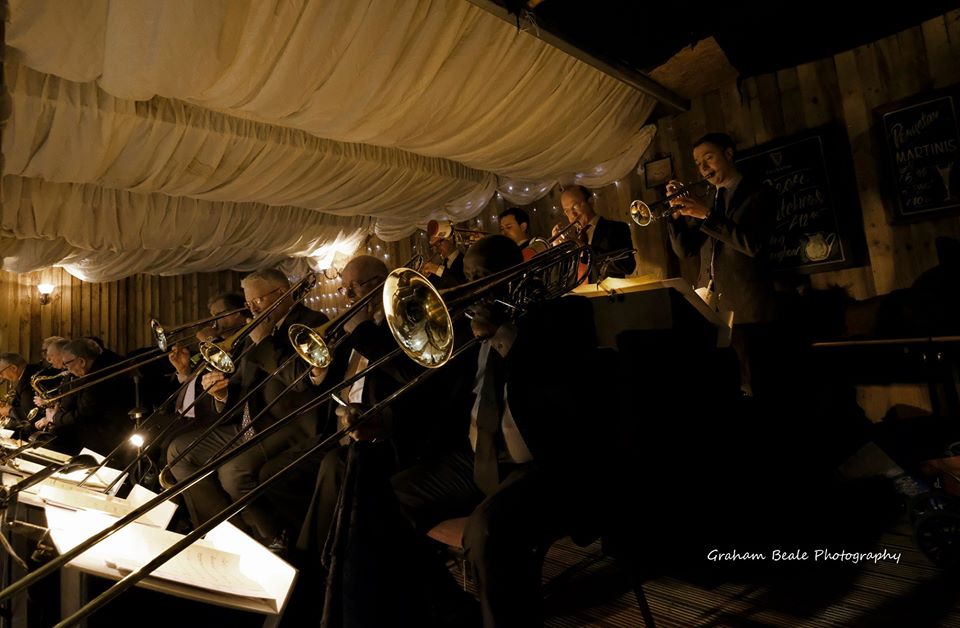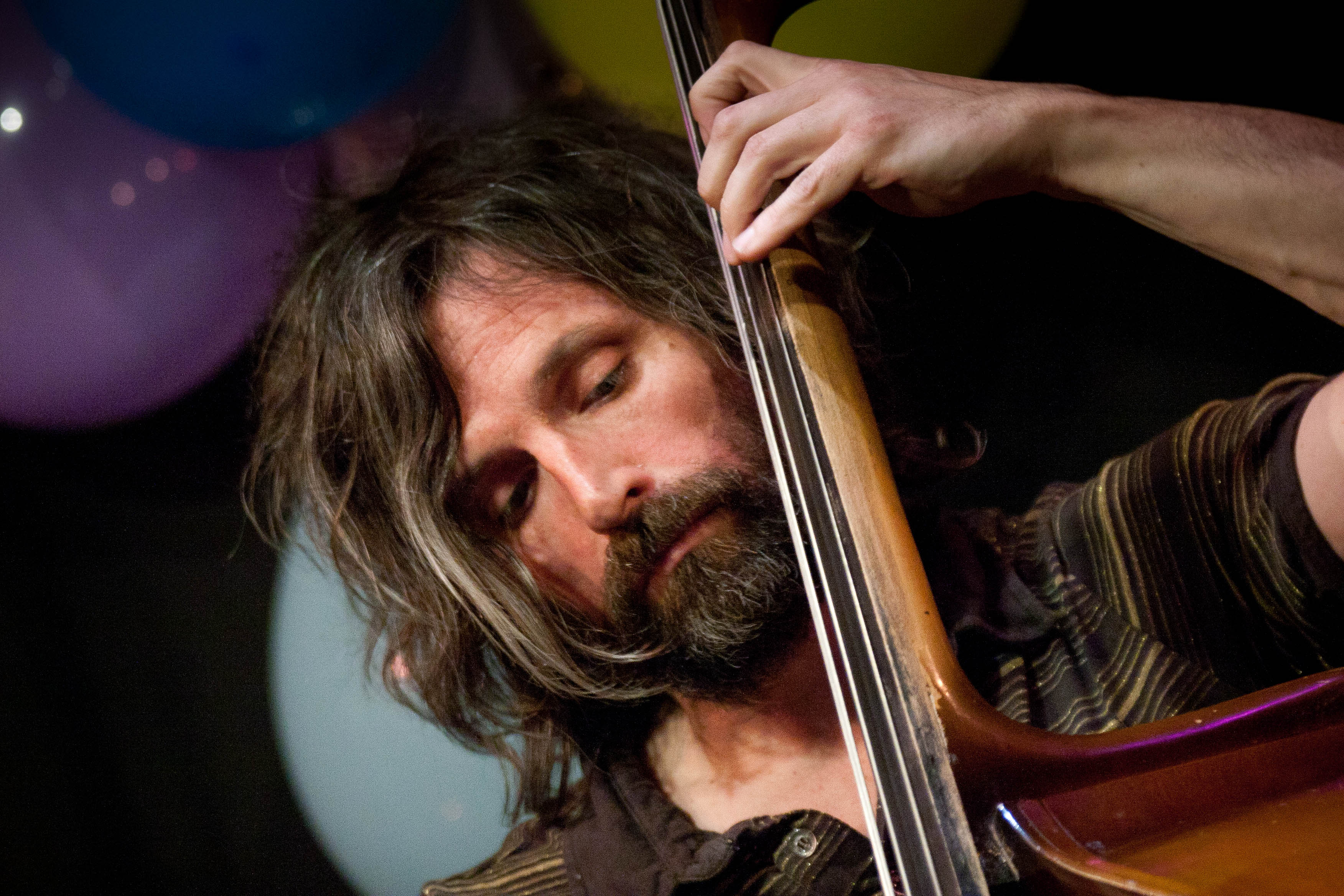Terry Pack: Reflections on the Impact of the Coronavirus Crisis
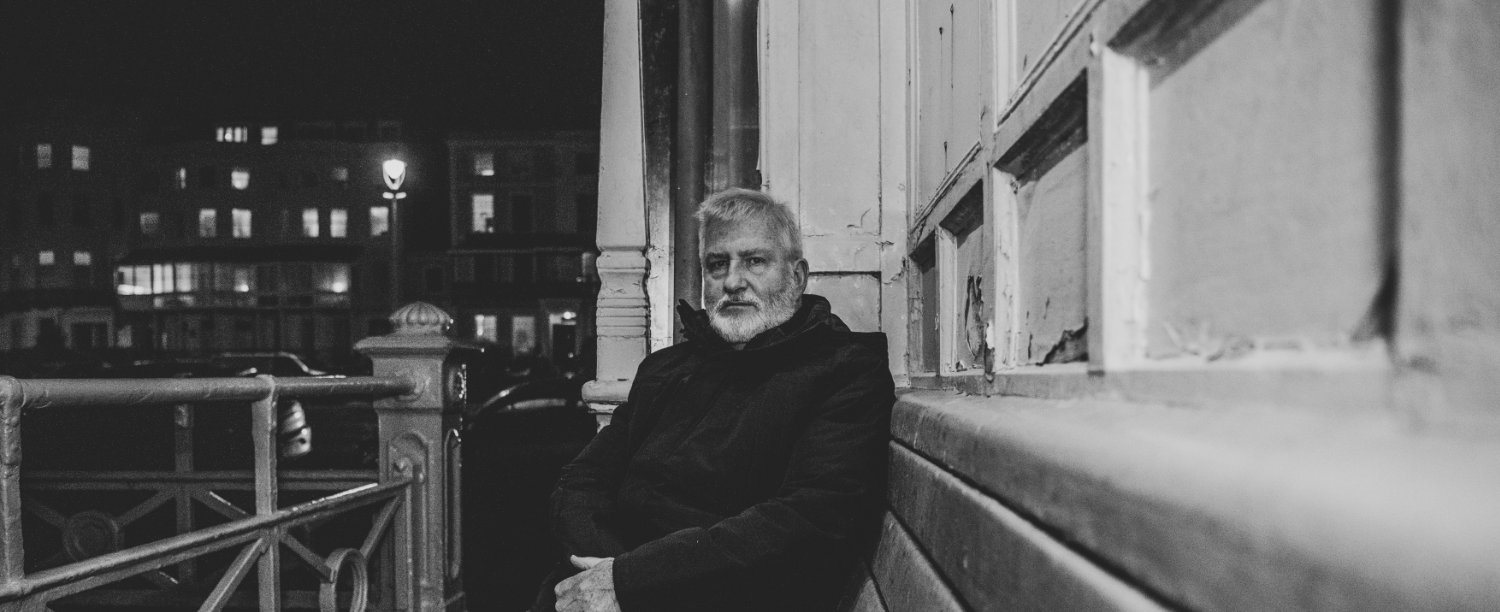
A musician’s reflections on the effects of
the Coronavirus crisis
What a thing it is to be a musician: to write and arrange music, to practise and rehearse, to play and perform.
In so many ways, I am perfectly suited to this enforced self-isolation. I spend so much time alone as it is, and always have. In a normal day I practise the bass, I write music, I arrange. In my breaks, I read, I walk, I play tennis, I sleep and these days I read and write bollocks on t’interweb. These activities take up most of my time.
I am solitary by nature, but I am also gregarious: I like rehearsing, teaching and performing with my fellow musicians, my colleagues, my friends. In a good month, I play between 20 and 25 gigs, and I rehearse regularly. In a good month, I teach several lessons and do workshops. This part of my time is very important to me.
Even after a few days of self-isolation, I miss this contact and interaction. The most important aspect of being a musician, for me, is the time spent ‘doing it’. As a bass player, I need to play with others, and want to do so. The bass is the heartbeat of the band, the fulcrum between the rhythm and the harmony. I love this role, and have loved performing it since I was 14. For nearly 50 years.
At times, I have played more, at others less, as my life has taken different turns and I have followed different paths, but being a musician has always been at the heart of it all. I have made so many friends, people who tolerate my quirks and peculiarities, my failings and my insecurities.
I have been to so many places, from dingy rock clubs in Dudley and Middlesbrough to university gigs in Bristol and Aberdeen, from rock, blues and jazz festivals to fabled venues in London and Amsterdam. The thing I love most is the camaraderie of the road. The transport cafes and the services of pre-motorway Britain in the mid-1970s, passing the brown sauce to members of Uriah Heep and Colisseum at 2pm at The Blue Boar, Watford Gap.
Over the last 20 years back in Sussex, I have made lots of new friends and played countless jazz gigs, functions and the rest. This enforced hiatus is strange, and I don’t like it. It robs me of a key part of myself and of my interactions with people who are important to me. Making music is such an elemental thing: the connections between the musicians and with the listeners in the audiences validate our need to do what we do. Something that is impossible to express or explain to those who don’t get it. I already feel a bit lost without it.
I don’t like the loss of income, either. Like most musicians, I get by on very little, and the prospect of earning nothing at all for several weeks is really alarming. I’m relatively secure compared to many of my younger colleagues, but I remember my days sharing freezing cold houses and a council flat in Brixton in the 1970s and the early 1980s, living on a diet of baked potatoes and baked beans for most of that time until things fell into place. I don’t know how I will survive this crisis and its fallout. How many pubs and clubs will still be open after several weeks of inaction? How many festivals will return next year?
So, it’s a return to a monastic life for the next few months. A spud is baking in the oven and the beans are in the microwave. The heating and the lights are off to save on the bills and I’m wearing an extra layer to stay warm. The bass and Sibelius are vying for my attention. My routine reads like an unlikely series of 1950s Miles Davis albums: Sheddin’, Writin’, Readin’, Walkin’, Eatin’, Sleepin’.
See you on the other side, I hope.
